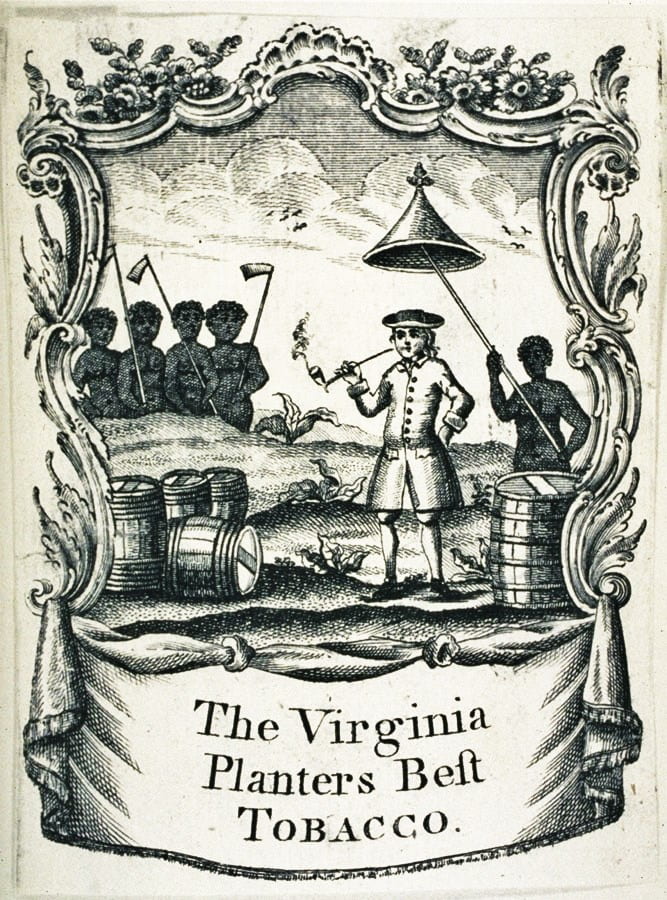About SLAP
Learn More
About This Project

What Is SLAP
SLAP (Slavery, Law, and Power) is a project dedicated to bringing the many disparate sources that help to explain the long history of slavery and its connection to struggles over power in early America, particularly in the colonies that would become the United States. Going back to the early English Empire, this project traces the rise of the slave trade along with the parallel struggles between monarchical power and early democratic institutions and ideals. We are creating a curated set of documents that help researchers and students to understand the background to the fierce struggles over both slavery and power during the American Revolution, when questions of monarchical power, consent to government, and hereditary slavery were all fiercely debated. After America separated from Britain, the United States was still deeply influenced by this long history, especially up to the Civil War. The colonial legacies of these debates continued to affect the course of politics, law, and justice in American society as a whole.
Why Create SLAP
America’s current struggles over authoritarianism and democracy, over racism and social justice, have long roots. Whereas most historians began their explorations of those roots with the American Revolution and the Declaration of Independence, or in some cases with individual colonies’ discrete history with regard to slavery or democracy, this project aims to help scholars access that longer history within the context of the larger power structure of the British Empire. The Slavery, Law, and Power (SLAP) project focuses on primary sources that expose the debates and struggles over slavery and power in the early modern British Empire and in the new United States.
At present many of these sources are buried in archives–in difficult old handwriting–and scattered across institutions, many geographically remote from each other. When some of these materials are accessible via scanned databases, they are often behind a cascade of different paywalls. It is thus difficult for scholars to see how the structures of power connected, or to see how those imperial structures in many ways promoted not only authoritarian governance, but also slavery. Under royal patronage, slavery, and the slave trade (and Britain’s role in it) expanded exponentially across its empire on the African coast and in the Americas (even when “free trade” in slaves was permitted in slaves after 1698, that trade was protected at great expense by the Royal Navy).
At the same time this period marked the birth of what we now call democratic principles and legal practices. How these connect is a crucial and difficult question that for too long we have been trying to answer without sufficient access to the evidence that helps us to see how structures of governance interacted with the polices, that helps us understand individual actions without a broader context.
Piecing together these struggles over policies and practices requires that many of the original sources be put in conversation. But these sources are so difficult to access that most scholars have consulted only fragments of this larger record. SLAP seeks to enable historians, political theorists and scientists, and scholars in African American, American, and British studies to access materials that reveal how power and law, censorship and propaganda, political theory and religion, all influenced and connected to the development of racial chattel slavery–and its eventual demise–in the British Empire and the United States.
